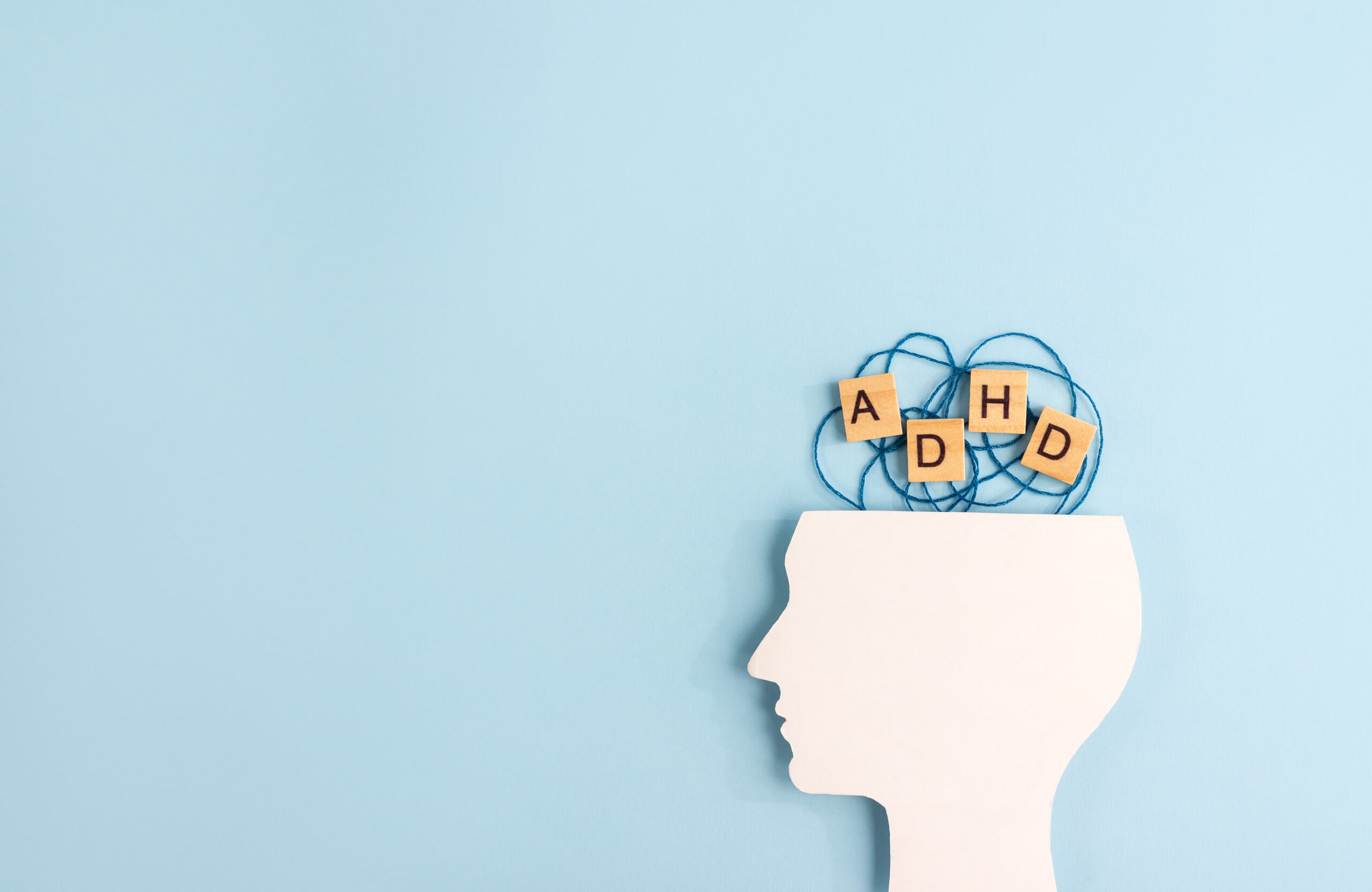Exploring the Controversial Link: Treating ADHD Symptoms with Cannabis
Attention Deficit Hyperactivity Disorder (ADHD) is a neurodevelopmental condition affecting millions worldwide, characterized by symptoms like impulsivity, hyperactivity, and inattention. Traditional treatments often involve stimulant medications or behavioral therapy. However, in recent years, there has been growing interest in alternative treatments, including the use of cannabis. While controversial, some individuals claim that cannabis can alleviate certain ADHD symptoms. Let’s delve into this complex topic and explore the potential benefits and risks associated with treating ADHD with cannabis.
Cannabis contains compounds called cannabinoids, notably tetrahydrocannabinol (THC) and cannabidiol (CBD), which interact with the body’s endocannabinoid system, affecting various bodily functions, including mood, memory, and cognition. Proponents of using cannabis for ADHD argue that it may help manage symptoms such as impulsivity and hyperactivity while improving focus and concentration.
One study published in the Journal of Substance Use & Misuse found that adults with ADHD who used cannabis reported a reduction in symptoms and improved cognitive performance. Additionally, some anecdotal evidence suggests that certain strains of cannabis high in CBD and low in THC may be particularly beneficial for individuals with ADHD, as CBD is thought to have calming and anti-anxiety properties without the psychoactive effects of THC.

However, the scientific evidence regarding the efficacy of cannabis for treating ADHD remains limited and conflicting. While some studies suggest potential benefits, others indicate no significant improvement or even adverse effects. Furthermore, the long-term effects of cannabis use on brain development, particularly in adolescents and young adults with ADHD, are not well understood.
One of the primary concerns surrounding the use of cannabis for ADHD is its potential for addiction and abuse. Individuals with ADHD are already at an increased risk of substance abuse, and cannabis use may exacerbate this risk. Moreover, frequent cannabis use can impair cognitive function and may interfere with academic or occupational performance, which are areas already affected by ADHD.
Another issue is the lack of standardized dosing and regulation in the cannabis industry. Variability in potency and composition among different strains and products makes it challenging to determine the appropriate dosage for treating ADHD symptoms. Without proper oversight and guidance from healthcare professionals, individuals may inadvertently worsen their condition or experience unwanted side effects.
It’s essential to approach the use of cannabis for ADHD with caution and skepticism. While some individuals may find relief from certain symptoms, it should not be considered a substitute for evidence-based treatments such as medication and therapy. Instead, if someone with ADHD is interested in exploring cannabis as a potential treatment option, they should consult with a knowledgeable healthcare provider who can provide personalized guidance based on their medical history and individual needs.
In conclusion, the debate over using cannabis to treat ADHD symptoms is complex and multifaceted. While there is some preliminary evidence suggesting potential benefits, more research is needed to better understand the risks and benefits associated with cannabis use for ADHD. In the meantime, individuals with ADHD should rely on proven treatments supported by scientific evidence and consult with healthcare professionals before considering cannabis as an alternative therapy option.
